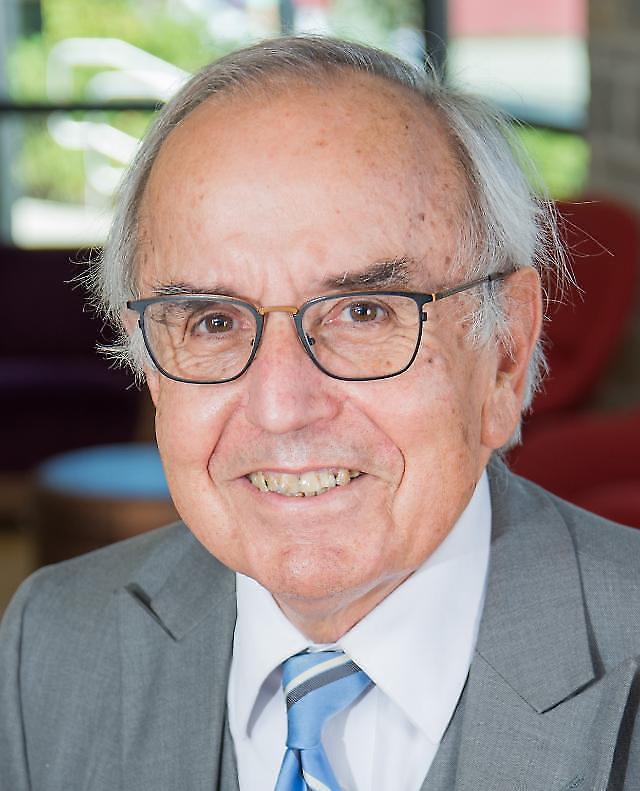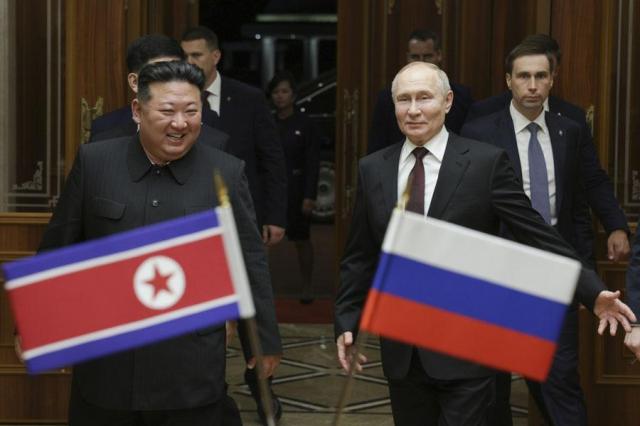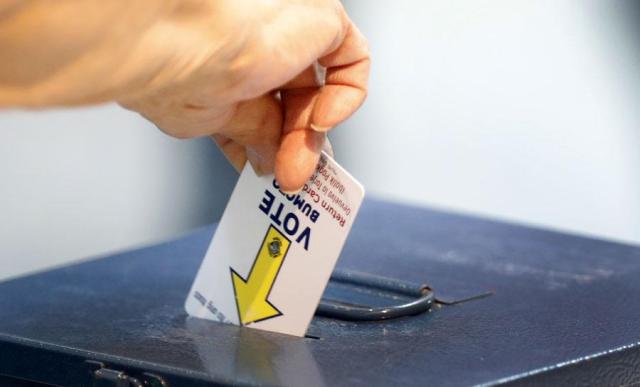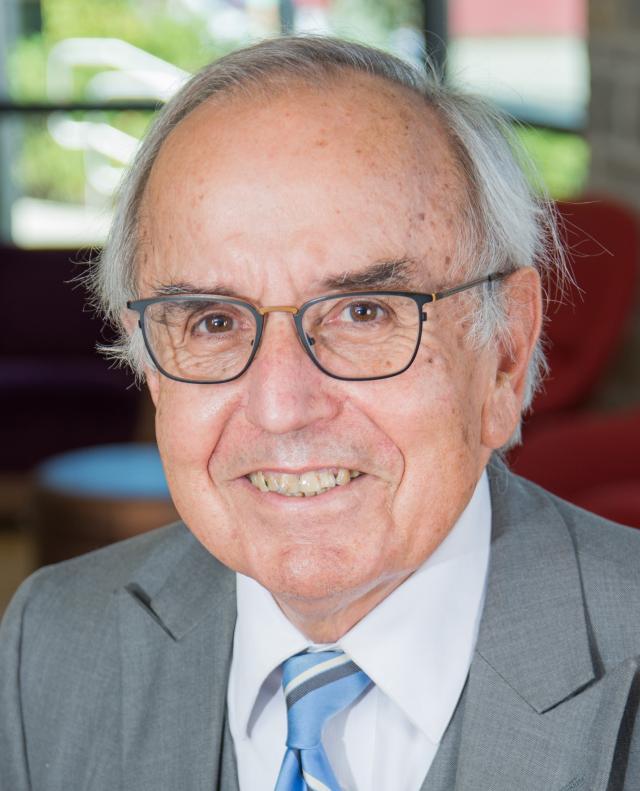
[Arthur I. Cyr]
KENOSHA -- Our close ally Britain has a new head of state. That fellow known for many decades as Prince Charles is now King Charles III, head of state of the United Kingdom (England, Scotland, Wales and Northern Ireland).
Media there and here focus on Royal Family personalities. There are much more durable dimensions to discuss.
Predecessors Charles I and Charles II reigned in the revolutionary 1600s. The first was beheaded. The second restored the monarchy after bloody war, then dictatorship under Oliver Cromwell. National institutions since then have endured.
Britain played a pivotal role in World War II, when the Anglo-American “Special Relationship” was truly forged. The alliance between President Franklin Roosevelt and Prime Minister Winston Churchill was central.
At home, Churchill and King George VI were vital to national unity in a desperate struggle.
The monarch has residual ruling powers, including the authority of actually appointing the government following a general election or other, sometimes unanticipated political shakeup.
In the 1960s, Queen Elizabeth’s husband Prince Philip spoke at UCLA, greeted by an Army ROTC student honor guard that included me. Philip paused, shook hands and talked with each of us, a classy gesture.
The public role of the Queen or King may be primarily symbolic. Nonetheless, that can become important in a time of national crisis or tragedy, especially war.
Britain’s government, after the 2016 referendum vote to leave the European Union, embarked on a complicated, painful effort to do so. In contrast to the heroic, historic stand against Nazi Germany, this bizarre ordeal seemed more like “Alice in Wonderland.”
Over four centuries ago, namesake Queen Elizabeth I was forcefully in charge of the British Isles. Those were brutal times, when losing a power struggle could cost your life.
That Elizabeth modernized Britain, managing Parliament with prudent skill. She stabilized politics following the tumultuous reign of her father Henry VIII. She confirmed influence in Europe, effectively balancing the nations of that continent.
Today, the Crown and Parliament have subtly complementary roles. Walter Bagehot, long-time editor of the influential weekly magazine “The Economist,” described the situation brilliantly, with enduring insight.
The world has changed greatly since Bagehot’s analysis appeared in 1867. However, his fundamental insight remains very valid today. Parliament handles the practical “efficient functions” of governing while the monarchy handles the largely ceremonial “dignified functions.” Americans can envy the lack of an “imperial” presidency there.
Fundamentally important is that the British, unlike the Americans, have no written constitution. Parliament is effectively supreme, though the nation in October 2009 did formally establish an American-style Supreme Court.
The important ceremonial functions address the collective emotions of the people at large regarding government. In the 1930s, King Edward VIII generated great controversy when he wanted to marry Wallis Simpson, an expatriate American. In that different, earlier time, the fact that she was not British generated extensive public attention and debate. She also had been divorced twice. In general, notoriety followed her.
Vastly more important, Edward was sympathetic to Nazi Germany, as well as being personally extremely eccentric and unstable. Adolf Hitler and others at the top of the Nazi regime in Germany considered him a strategic asset, eventually to help control Britain in a conquered Europe. Finally, Edward abdicated to marry his American.
History underscores the importance of Britain’s Royal Family. Russia’s invasion of Ukraine reinforces our important Special Relationship. Nothing fake about these realities.
Learn more: Walter Bagehot, “The English Constitution,” and the film “The Darkest Hour.”
Arthur I. Cyr is the author of “After the Cold War.” Contact acyr@carthage.edu




